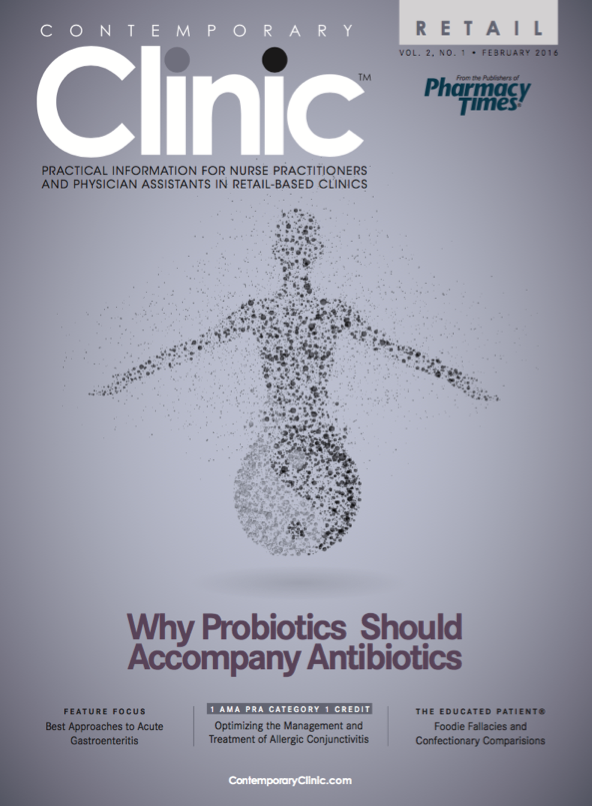PPIs Potentially Linked to Kidney Disease Risk
Although proton pump inhibitors are commonly used to treat acid reflux, a recent study suggests that the use of these medications could be associated with a greater risk of chronic kidney disease.
Although proton pump inhibitors (PPIs) are commonly used to treat acid reflux, a recent study suggests that the use of these medications could be associated with a greater risk of chronic kidney disease (CKD).
The study, which was published inJAMA Internal Medicine, analyzed 10,482 patients who were followed for a median of approximately 14 years. The research team found that there were 56 CKD events among 322 baseline PPI users (14.2 per 1000 person-years) compared with 1382 events among 10,160 baseline nonusers (10.7 per 1000 person-years).
The researchers attempted to replicate these results in a separate group of 248,751 patients who were followed for a median of 6 years. In this group, there were 1921 CKD events among 16,900 baseline PPI users (20.1 per 1000 person-years) and 28,226 events among 231,851 baseline nonusers (18.3 per 1000 person-years).
The 10-year absolute risk of CKD among baseline PPI users was estimated to be 11.8% in the initial group and 15.6% in the replication group; comparatively, the estimated 10-year absolute risk of CKD for patients who were not treated with PPIs was 8.5% and 13.9% in the initial and replication groups, respectively.
The study authors acknowledged that participants who are prescribed PPIs may be at higher risk for CKD for reasons unrelated to PPI use, and they noted that further research is needed to establish whether PPIs can cause kidney damage. However, they added that their findings could lead to a greater call for the reduction of unnecessary PPI use.

Knock Out Aches and Pains From Cold
October 30th 2019The symptoms associated with colds, most commonly congestion, coughing, sneezing, and sore throats, are the body's response when a virus exerts its effects on the immune system. Cold symptoms peak at about 1 to 2 days and last 7 to 10 days but can last up to 3 weeks.
COPD: Should a Clinician Treat or Refer?
October 27th 2019The Global Initiative for Chronic Obstructive Lung Disease (GOLD) defines the condition as follows: “COPD is a common, preventable, and treatable disease that is characterized by persistent respiratory symptoms and airflow limitation that is due to airway and/or alveolar abnormalities usually caused by significant exposure to noxious particles or gases.â€
Diabetic Ketoacidosis Is Preventable With Proper Treatment
October 24th 2019Cancer, diabetes, and heart disease account for a large portion of the $3.3 trillion annual US health care expenditures. In fact, 90% of these expenditures are due to chronic conditions. About 23 million people in the United States have diabetes, 7 million have undiagnosed diabetes, and 83 million have prediabetes.
What Are the Latest Influenza Vaccine Recommendations?
October 21st 2019Clinicians should recommend routine yearly influenza vaccinations for everyone 6 months or older who has no contraindications for the 2019-2020 influenza season starting at the end of October, according to the Advisory Committee on Immunization Practices.
What Is the Best Way to Treat Pharyngitis?
October 18th 2019There are many different causes of throat discomfort, but patients commonly associate a sore throat with an infection and may think that they need antibiotics. This unfortunately leads to unnecessary antibiotic prescribing when clinicians do not apply evidence-based practice.
